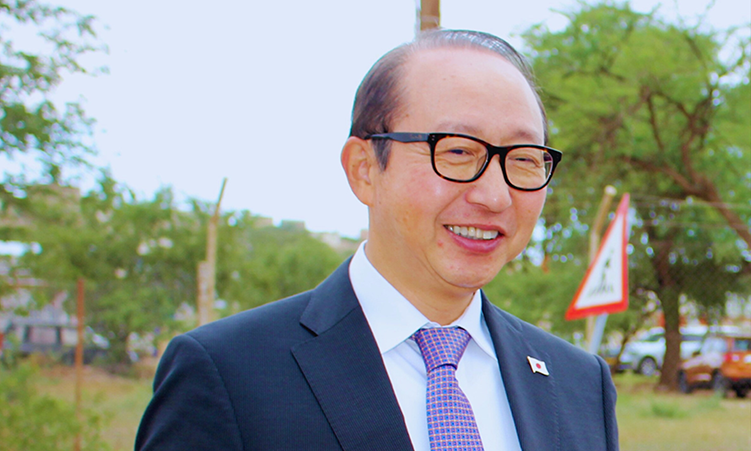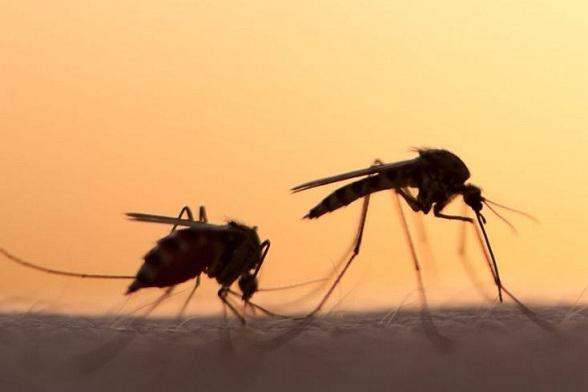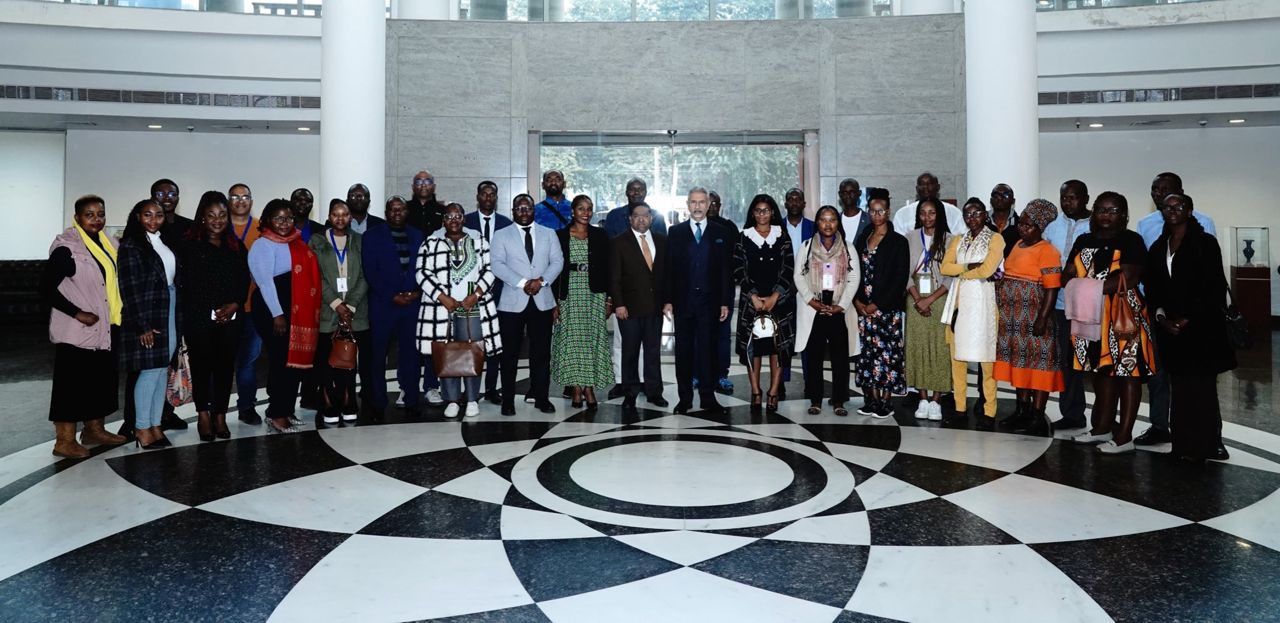A number of small-scale farmers have benefited from a US$1.2 million (about N$22 million) project to improve food security and livelihoods amid drought and other climate-related challenges.
The project is being implemented by the Food and Agriculture Organisation of the United Nations (FAO) in the Ohangwena, Kavango West, Zambezi and //Kharas regions, through funding from the Japanese government.
During a recent visit to the Ohangwena projects, Japanese ambassador Hisao Nishimaki met several beneficiaries, including Immanuel Shitwomunhu, a poultry farmer from Endola; Fillipus Haulofu, a pig farmer from Ondobe; and Shangelao Hauwanga, a young horticulture farmer from Oshamono.
According to a statement issued by the FAO, each of these farmers has benefited from the project to develop their farming operations and secure sustainable livelihoods.
Shitwomunhu runs the Onhanadi poultry project, which supplies ready-to-slaughter birds, chicks and table eggs in the Endola constituency, where the small-scale operation has grown from less than 10 chickens to 1 000.
According to FAO, the poultry enterprise has expanded capacity to meet high customer demand through the donation of layer cages and a chicken plucking machine, which have improved the efficiency of the farm’s operations.
“Before we got the plucking machine, we had to pluck the feathers manually, which took us more than three to four days to do 500 birds. Now, it only takes a few hours,” says Shitwomunhu.
The delegation also visited the Limbandungila pig farm, owned by reverend Fillipus Haulofu at Ondobe village, which received pig feed and shading material assistance that improved livestock conditions.

Haulofu expressed gratitude for the assistance, while highlighting the continued need for additional feed for the pigs.
The final stop was at Shangelao Hauwanga’s horticulture project at Oshamono village.
After dropping out of university due to financial challenges, Hauwanga (26) ventured into farming to sustain herself and her family.
“My friends thought I was crazy when I first started the garden, but now they see that I am progressing in life and able to earn an income from it. I hope to inspire others to work hard and not shy away from farming,” says Hauwanga.
Hauwanga’s project is part of a broader effort by the FAO to train and empower local youth and unemployed individuals as farmers to help them generate income through agriculture.
Nishimaki praised the farmers and the FAO’s commitment to building resilient livelihoods.
“I am very impressed with the dedication of these farmers to improve their lives despite the challenges they face.
The FAO’s work to ensure no one is left behind is evident, especially given the diversity of beneficiaries and the remote areas they serve.”
– matthew@namibian.com.na
Stay informed with The Namibian – your source for credible journalism. Get in-depth reporting and opinions for
only N$85 a month. Invest in journalism, invest in democracy –
Subscribe Now!







